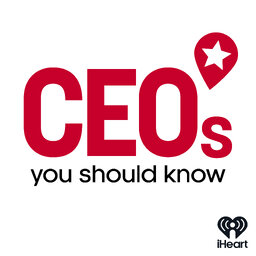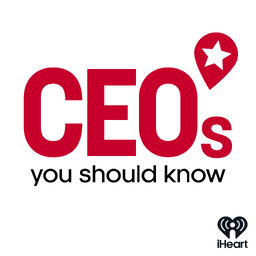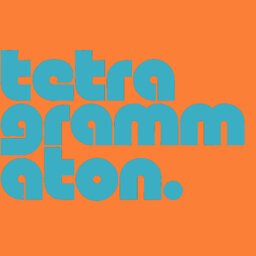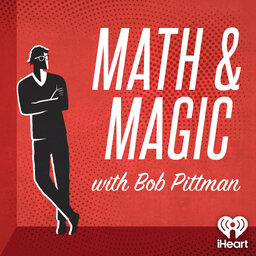Charlamagne tha God: “You fail by trying to be the next anything. You should just be yourself.”
Charlamagne tha God is one of the most powerful people in media, reaching millions of ears every week as co-host of the nationally syndicated The Breakfast Club morning show. But he’s also a New York Times bestselling author, an outspoken advocate for mental health, and an unapologetically tough interviewer who has no time (or patience) for celebrity spin. This week, Bob sits down with Charlamagne to talk about how a simple piece of advice from his mom helped him transcend the circumstances of his childhood, why presenting his authentic self to the world is so important to him, and why hip hop culture is pop culture. Plus, Charlamagne shares his thoughts on the power of podcasting and why he prefers the intimacy of audio over TV.
Learn more about your ad-choices at https://www.iheartpodcastnetwork.com
Math & Magic: Stories from the Frontiers of Marketing with Bob Pittman
How do the smartest marketers and business entrepreneurs cut through the noise? And how do they mana…Social links
Follow podcast
Recent clips

CEOs You Should Know: Chon Nguyen, CEO of Newgentek
11:06

CEOs You Should Know: Avani Desai, CEO of Schellman
10:48

Listen to Bob on Tetragrammaton with Rick Rubin
16:35
 Math & Magic: Stories from the Frontiers of Marketing with Bob Pittman
Math & Magic: Stories from the Frontiers of Marketing with Bob Pittman